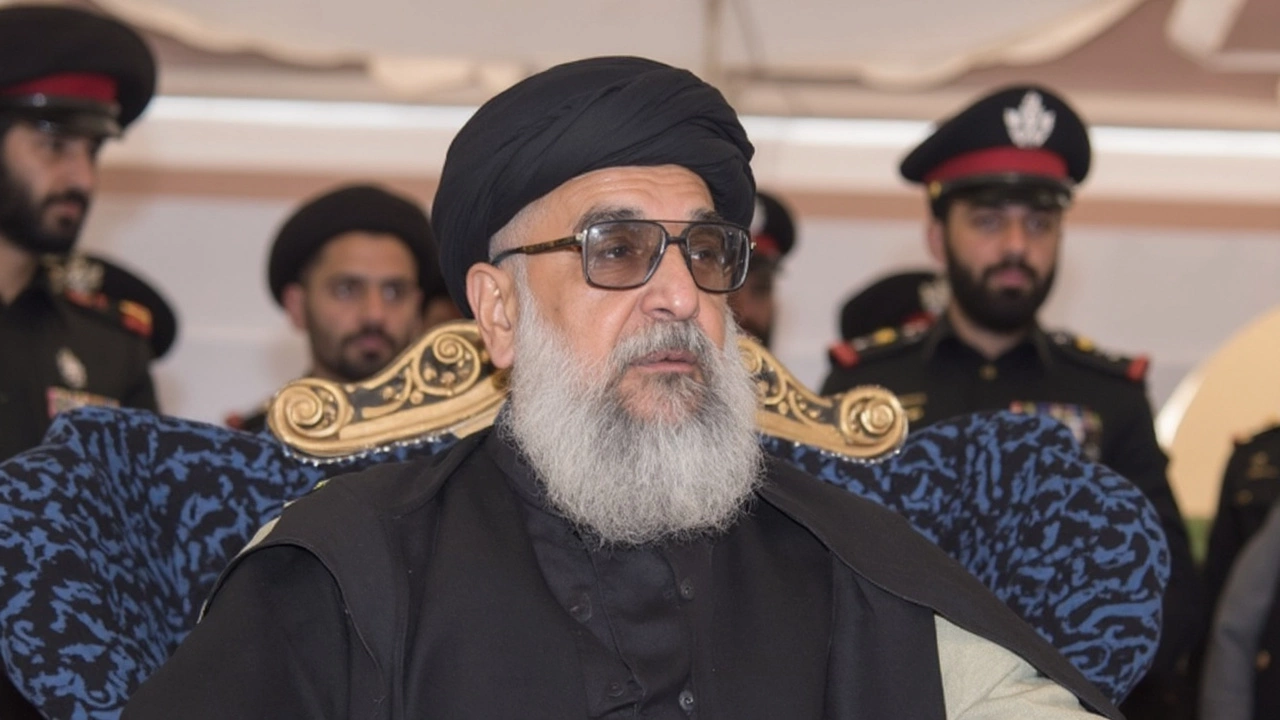Taliban – What’s Happening and Why It Matters
If you’ve heard the word “Taliban” in the news, you probably wonder who they are, what they want, and how they affect everyday life in Afghanistan and beyond. In simple terms, the Taliban are a militant group that emerged in the early 1990s and ruled most of Afghanistan from 1996 to 2001. After the U.S.‑led invasion in 2001 they went underground, then resurfaced to take power again in August 2021. Knowing the basics helps you make sense of the headlines.
Who are the Taliban?
The name “Taliban” means “students” in Pashto. The group started as religious students who wanted to enforce a strict interpretation of Islamic law. Over time they built a network of fighters, judges, and administrators. Their early rule was marked by harsh rules on dress, education, and media. While some Afghans appreciated the order they brought after years of civil war, many others suffered under the severe restrictions, especially women and minorities.
Today the Taliban still claim to represent a pure form of Islam, but they also act as a political party that manages the country’s day‑to‑day affairs. They control the ministries, the police, and the courts, but they also negotiate with foreign governments and charities for aid. Understanding that they are both a military force and a governing body explains why the international community finds dealing with them so tricky.
Recent developments you should know
Since taking over in 2021 the Taliban have faced massive challenges: a collapsing economy, a humanitarian crisis, and a wave of protests demanding more freedoms. In the last year they have tried to soften some rules – allowing limited secondary education for girls and permitting certain TV channels – but many core restrictions remain. Every new decree from the Taliban’s Ministry of Interior gets quick coverage because it signals how life might change for the 40 million people living there.
One of the biggest news stories lately is the ongoing talks about a “normalization” agreement with neighboring countries. Pakistan, Iran, and the Gulf states have met with Taliban officials to discuss trade, water sharing, and security. The talks are still shaky, and any agreement could shift the region’s balance of power.
Humanitarian aid is another hot topic. International NGOs report that food shortages and winter heating problems are hitting the most vulnerable. The Taliban’s ability to let aid agencies operate safely often determines whether millions get the help they need. When the group blocks aid routes, headlines explode with images of empty shelves and long lines at distribution centers.
On the security front, the Taliban continue to fight remnants of the Islamic State‑Khorasan Province (IS‑KP). Though the Taliban claim they have cracked down on IS‑KP, attacks still happen, especially in eastern provinces. Each attack can spark a new wave of displacement, adding to the already massive refugee flows toward neighboring countries.
Why does any of this matter to you? If you follow global news, the Taliban’s actions affect everything from oil prices to migration patterns in Europe. If you’re a student, understanding the group helps you grasp why certain stories dominate world headlines. If you travel, knowing the Taliban’s rules can keep you safe and respectful in the region.
Bottom line: the Taliban are a complex mix of fighters, rulers, and negotiators. Their policies shift quickly, and the world watches every move. Stay updated, keep an eye on reliable sources, and remember that behind every headline are real people living through rapid change.
Taliban Warns Pakistan Against Using India to Justify Afghan Incursions
The Taliban has warned Pakistan against using India as a pretext for cross-border military actions. Rising tensions over TTP attacks from Afghan soil have led Taliban officials, like Sher Mohammad Abbas Stanikzai, to stress Afghanistan's sovereignty and vow retaliation. Pakistani leaders, including PM Shehbaz Sharif, are increasing border security amid fears of Taliban counterstrikes.
VIEW MORE